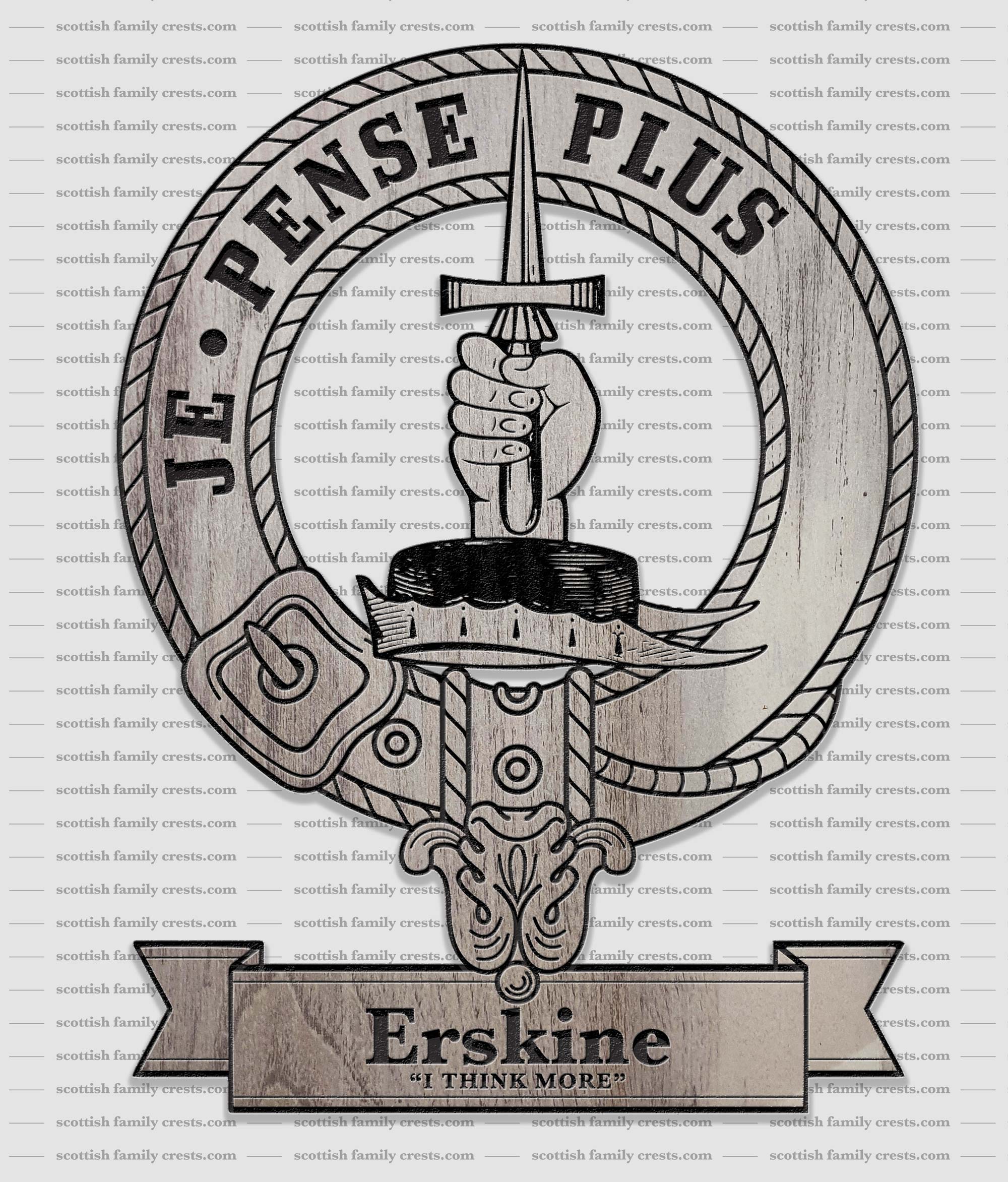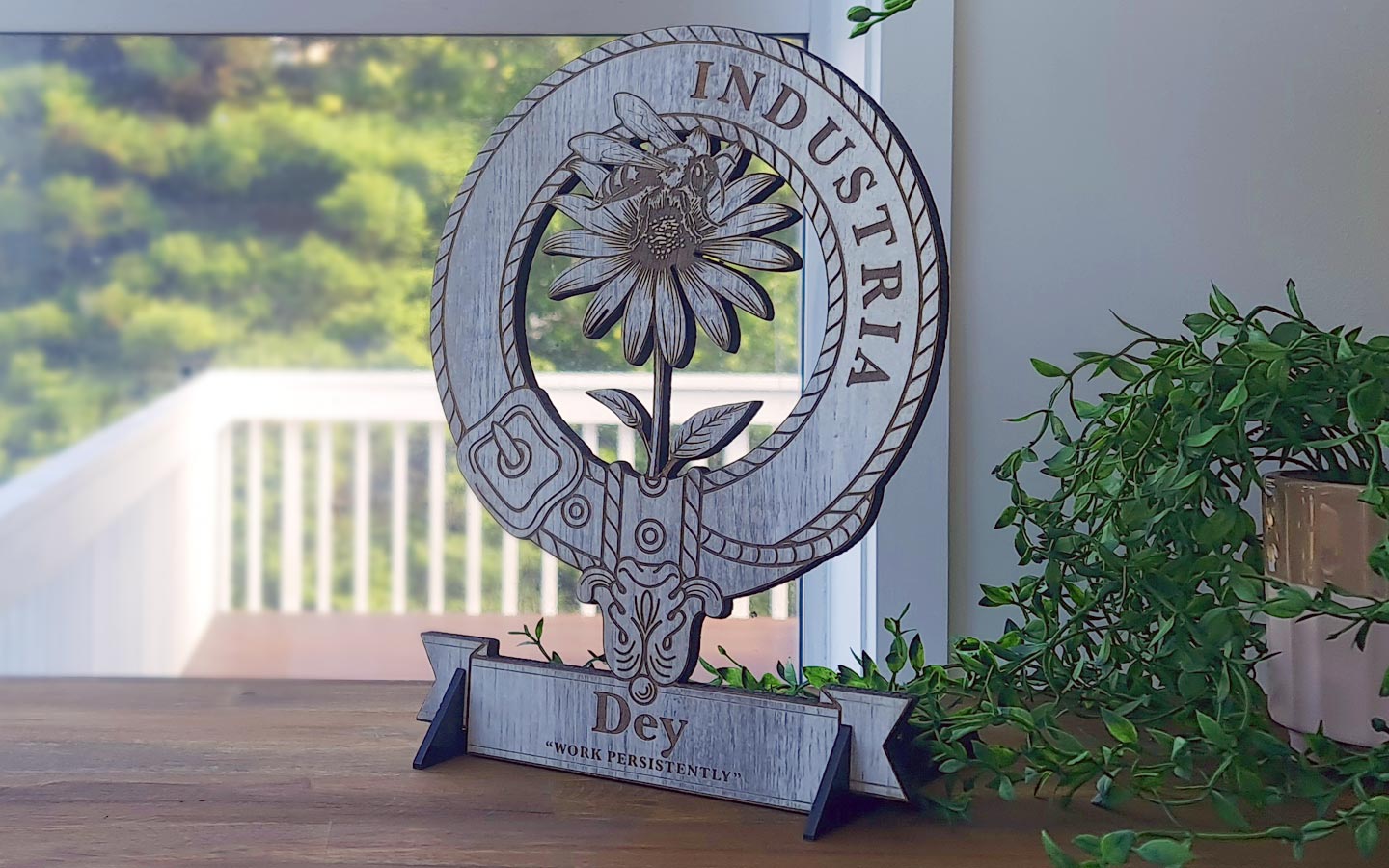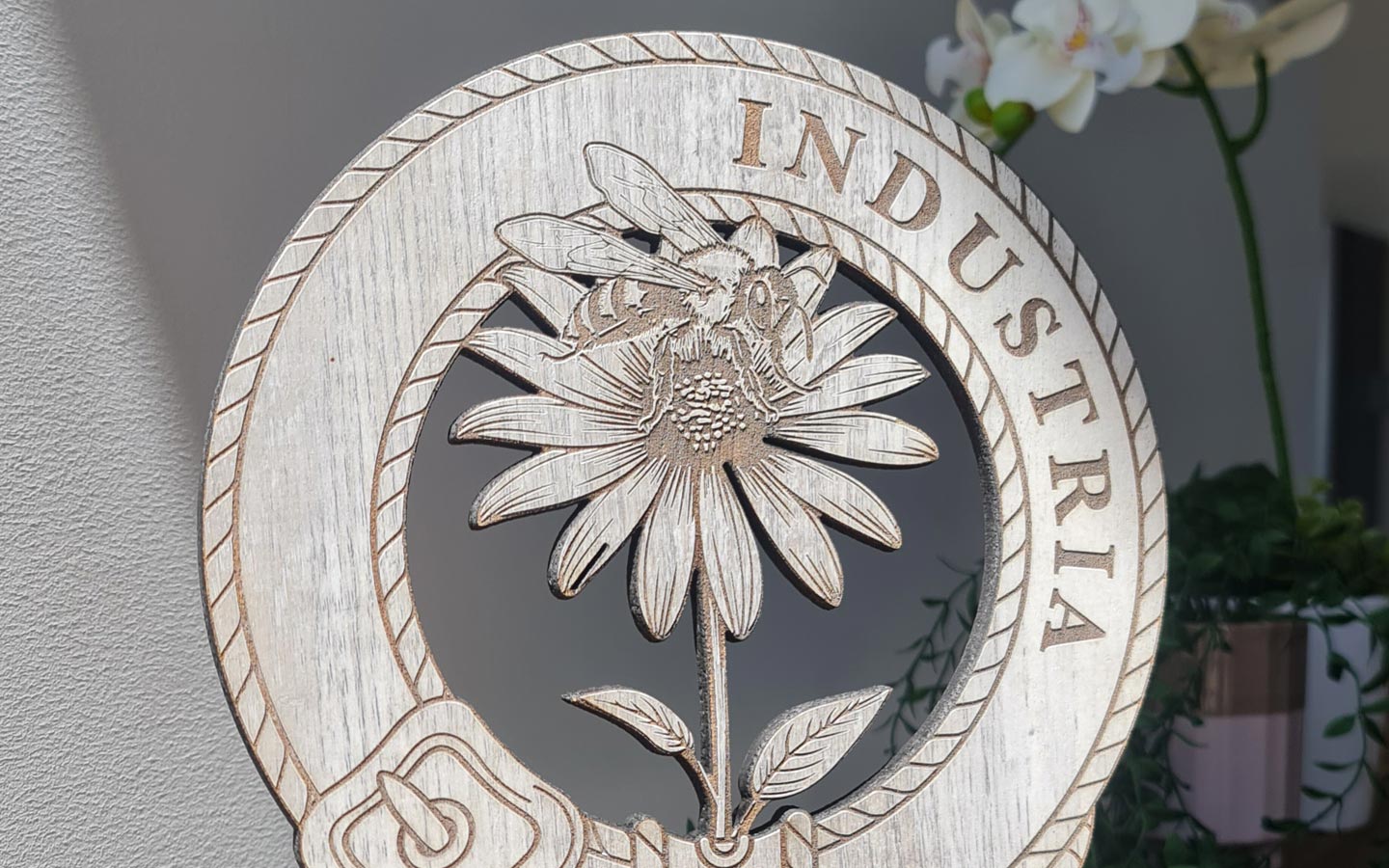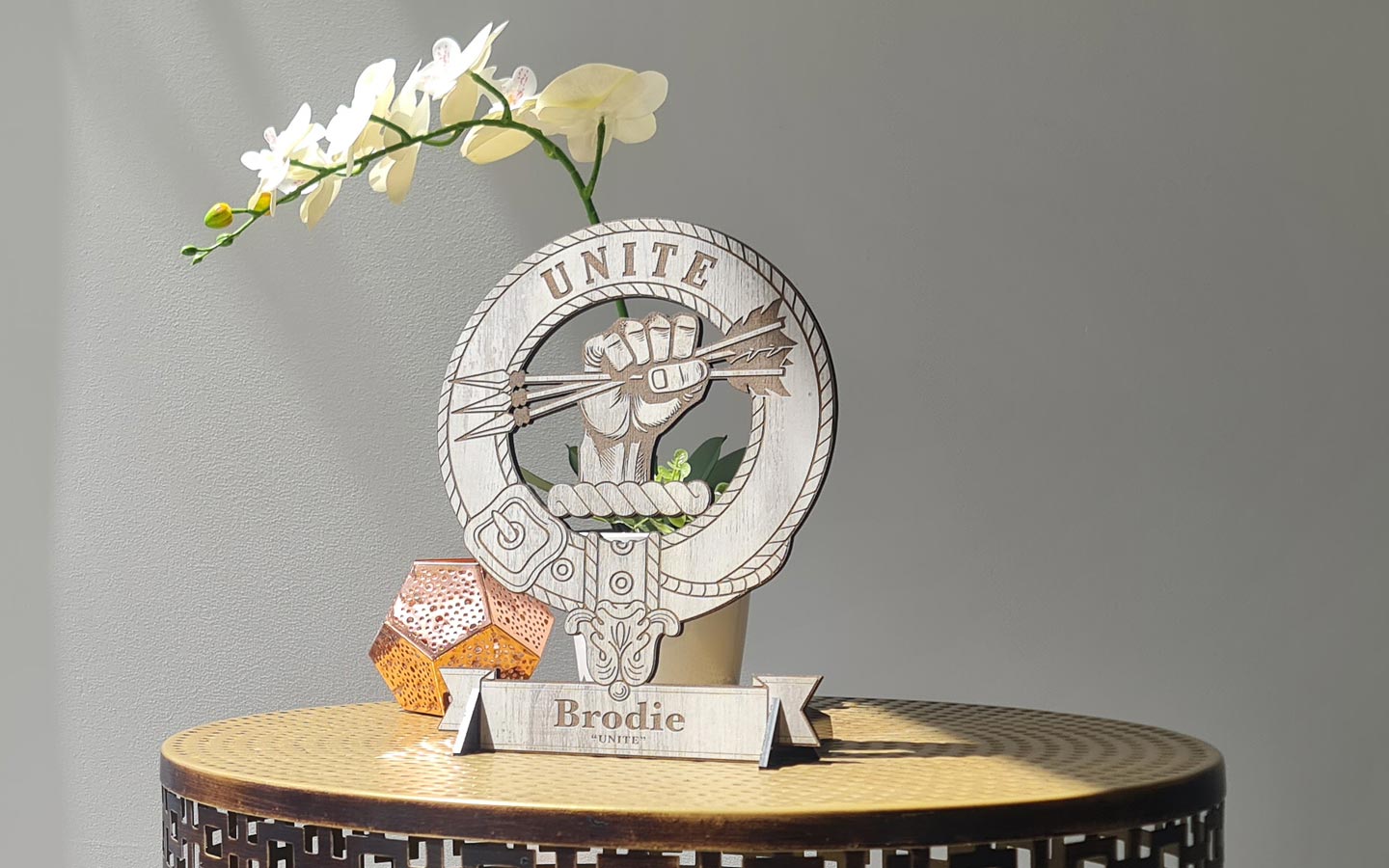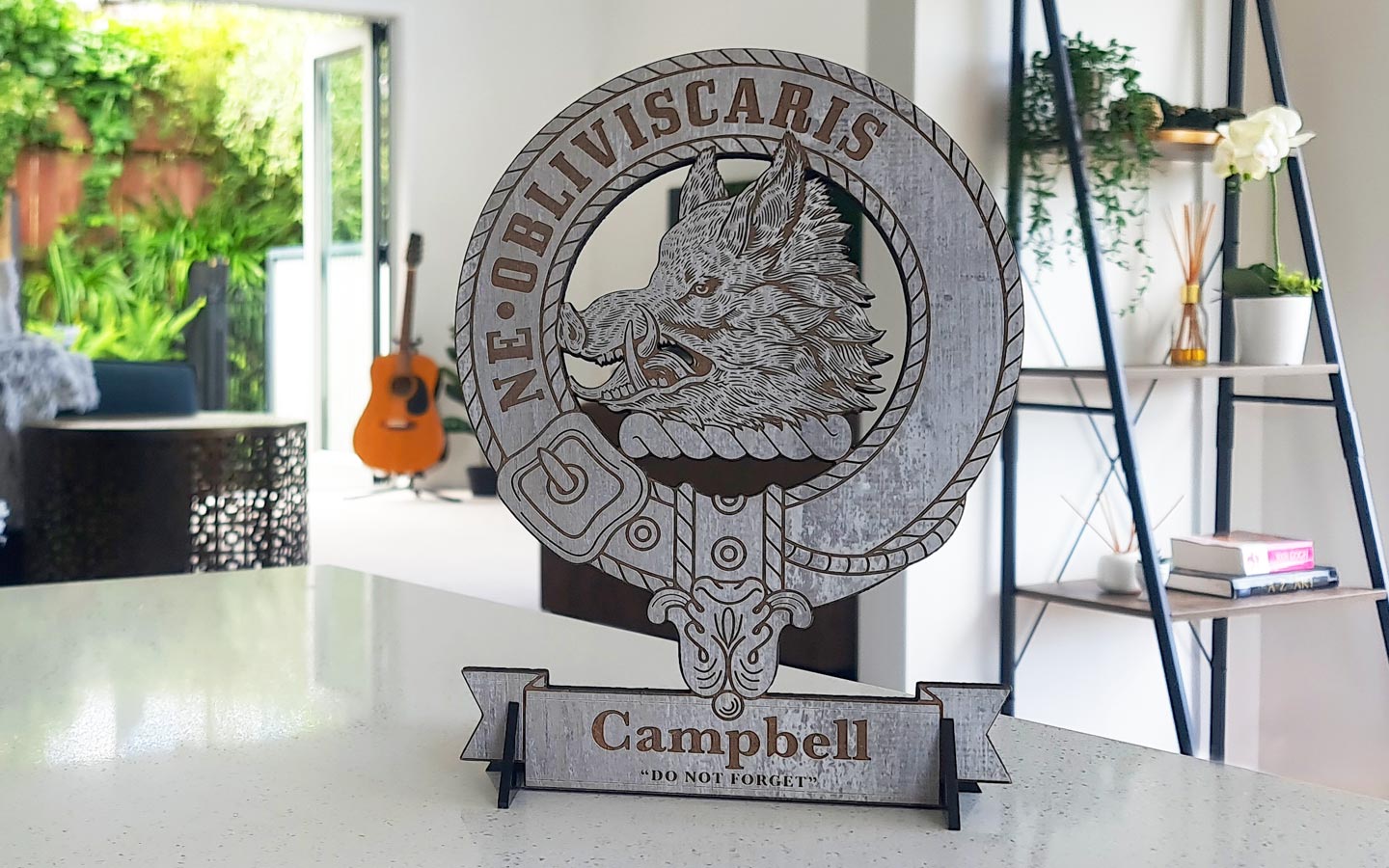The Erskine Family History & Ancestry
Your family, the Erskines, have a fascinating historical background that stretches back centuries. It all began with Henry de Erskine, who owned the Barony of Erskine in Renfrewshire, located south of the Clyde River. The name ‘Erskine’ likely originated from the ancient British term for ‘green rising ground,’ a nod to the Brythonic kingdom of Strathclyde. Henry de Erskine was already the proprietor of the barony during the reign of Alexander II in the 13th century. He even witnessed a charter by the Earl of Lennox concerning the patronage and tithes of Roseneath to the Abbey of Paisley in 1226.
John de Irskyn, possibly a descendant of Henry de Erskine, is recorded in the Ragman Roll of Scottish nobles in 1296, where he pledged loyalty to Edward I of England. His son, Sir John de Irskyn, had a son and three daughters. The eldest daughter married Thomas Bruce, brother of King Robert, while another daughter married Walter, the High Steward of Scotland. These royal connections elevated the status of the family.
Alexander, the third Lord Erskine, constructed a formidable tower at Alloa, which served as the family seat for the next three hundred years. Unfortunately, his son was killed in the Battle of Flodden in 1513. However, it was John, the fifth Lord Erskine, who became the guardian and tutor to James V. Notably, Mary, Queen of Scotland bestowed upon Lord Erskine the title of ‘Earl of Mar.’ In 1582, Lord Erskine participated in the raid of Ruthven, which involved a faction of Protestant nobility taking control of the young James VI. As a consequence, he was exiled but later regained royal favor and became the Lord High Treasurer of Scotland. Another notable figure was Sir George Erskine of Innerteil, who died in 1646 and gained recognition as one of Scotland’s greatest alchemists.
The ability to change political allegiance according to practical needs or personal gain was not uncommon among the Scottish nobility. The sixth Earl of Mar, born in 1675, demonstrated this skill to such an extent that he earned the nickname ‘Bobbing John’ in history. He initially supported the Union and seemed accepting of the Hanoverian succession but later switched sides and led the Jacobite Rebellion of 1715. Unfortunately, the rebellion failed, leading Mar to flee to France with his titles forfeited. In the twentieth century, Ruaraidh Erskine of Mar, a later member of the family, became an advocate for the Gaelic language and was one of the founders of a precursor to the Scottish National Party. The current chief succeeded as the 14th Earl of Mar and 16th of Kellie in 1993.
Throughout the generations, the Erskine family had prominent members who held significant positions and made notable contributions. Sir Robert de Erskine, son of Keeper of Stirling Castle, Thomas Erskine, married Janet Keith, daughter of Lady Eline de Mar. Their son, Robert, became heir to one of the oldest Celtic earldoms and Chief of the ancient ‘Tribe of the Land of Mar.’ This Robert was subsequently made Lord Erskine in 1467. Another branch of the family, the Erskines of Rosslyn and Buchan, descended from Sir Robert.
The family’s involvement in political and historical events continued, with the Earls of Mar playing key roles. The 6th and 23rd Earl of Mar, known as ‘Bobbing John,’ led the Jacobite Uprising of 1715, resulting in the forfeiture of their estates, which were later purchased by his brother, Lord Grange, and David Erskine of Dun. Meanwhile, the Alloa properties had been settled on his daughter, who married her cousin, James Erskine, the son of Lord Grange.
In 1824, the Mar earldom was restored to the family, and in 1835, they also acquired the earldom of Kellie. However, a complication arose concerning the Mar earldoms in 1885, resulting in two distinct Mar earldoms. Under the Restitution of Mar Act, one family claimed the more ancient earldom, while a cousin retained the second earldom. Despite this, the Erskine Chiefship is presently held by the representative of the earldoms of Mar and Kellie.
The Erskines had notable individuals in various fields. Sir Alexander Erskine of Cambo, Lord Lyon King of Arms, supported the Jacobite Cause and was imprisoned. Charles Erskine became a cardinal of the Roman Catholic Church in 1803. Sir David Erskine, a natural son of the 11th Earl of Buchan, founded the Naval and Military Academy in Edinburgh. Another figure worth mentioning is Ebenezer Erskine, who formed the Secession Church in the 18th century.
So, as you can see, your family, the Erskines, have a rich and complex history filled with connections to Scottish nobility, royal figures, political events, and notable achievements in various domains.
The Family Crest
Wherever in the world you live, embrace your family heritage and adorn your home with a timeless symbol of your family legacy with our crafted Family Crests.
Family Crest Motto: JE PENSE PLUS (I think more)
$150.00 Original price was: $150.00.$99.00Current price is: $99.00.
Copyright Notice: This artwork is protected by copyright law. Unauthorized reproduction, distribution, or usage of this artwork without explicit permission from ScottishFamilyCrest.com is strictly prohibited.

